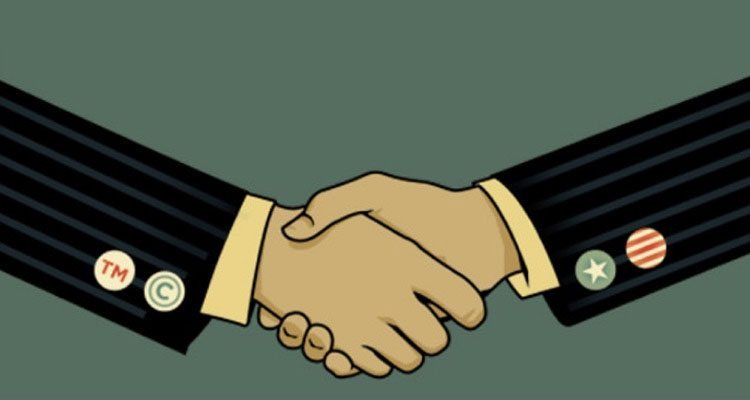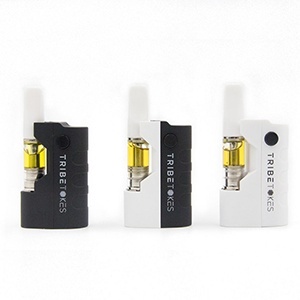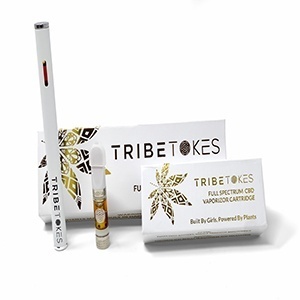by Charlotte Hassan
Today, the National Music Publishers’ Association (NMPA) and Spotify have announced a landmark agreement, one that could deflate a $200 million class action lawsuit.
The agreement, first reported by Digital Music News on March 7th, will allow independent and major publishers to claim and receive royalties for mechanical licenses on Spotify in the United States.  In many cases, ownership information on who owned those rights were previously unknown, leading to a confusing mess of non-payments.
The agreement, announced Thursday afternoon (March 17th), aims to create a better way of finding publishers who are rightfully owed streaming royalties, as well as establishing a large bonus compensation fund.  That’s in addition to a tranche of money apparently being held by Spotify for unmatched royalties.
That escrow fund was previously unknown, at least outside of a small group, and suggests that Spotify wasanticipating a major royalty lawsuit (which it is now fighting).  Earlier, leaked information to DMN suggested a $5 million one-time fee against Spotify for previous non-payments, a figure that ramped up to $30 million in a subsequent Billboard report.  Whether that is powering this ‘bonus fund’ in unclear.
The NMPA-structured agreement also includes mechanisms to improve processes for identifying and compensating writers, as well as distributing royalties.  According to earlier sources to DMN, that entails the construction of a matching interface created and maintained by Spotify for identifying and tying rights owners to their mechanical rights.  Exactly who will deliver the matching platform was not specified on Thursday.
Perhaps most controversially, the NMPA also clarified that only publishers and songwriters participating in the settlement will receive matched funds, even amounts unclaimed by non-participating rights owners.  That means anyone not maintaining a membership with the NMPA will forfeit their royalties.  “Where ownership has not been identified or claimed by publishers, there will be a distribution to publishers and songwriters of royalties held by Spotify based on known usage on Spotify’s service,†an NMPA release stated.
NMPA chief executive David Israelite, who confirmed the upcoming agreement to DMN last week, pointed to a conflict-resolving pact.  â€NMPA’s goal has always been to ensure publishers and songwriters receive the money they deserve.  I am thrilled that through this agreement both independent and major publishers and songwriters will be able to get what is owed to them,†said David Israelite, CEO of the NMPA, who first confirmed the negotiations last week.  â€I look forward to all NMPA members being paid what they are owed, and I am excited about the creation of a better process moving forward.â€
That raises questions over what happens next at HFA, though sources at DMN noted that matching information collected by Spotify will be shared back with the agency. Â Whether that rewards bad behavior and incompetence is the difficult question that remains, though HFA (formerly owned by NMPA) has remained largely quiet during the imbroglio.
Another giant question is whether this agreement deflates a massive, $200 million class action lawsuit against Spotify. Â Just yesterday, attorneys for lead class action litigant David Lowery issued a proviso on the now-signed NMPA deal, urging writers to read the fine print before signing. Â Undoubtedly, many will agree to participate with the NMPA-generated resolution, which effectively eliminates their eligibility in the class action litigation.



















